Articles dealing with issues of screening tests and career guidance
The following list of articles includes professional and up-to-date content written specifically for those interested in career counseling, career guidance, and developing psychometric skills.

 Gabi Adam, CEO
07/2025
Gabi Adam, CEO
07/2025

 Gabi Adam, CEO
06/2025
Gabi Adam, CEO
06/2025

 Dr. Merav Hami, Head of the Professional Team
Dr. Merav Hami, Head of the Professional Team

 Ophir Shoval, Expert Occupational Psychologist
12/2022
Ophir Shoval, Expert Occupational Psychologist
12/2022

 Gabi Adam, CEO
04/2022
Gabi Adam, CEO
04/2022

 Orpaz Tubul
03/2025
Orpaz Tubul
03/2025

 Dr. Merav Hami, Head of the Professional Team
Dr. Merav Hami, Head of the Professional Team

 Gabi Adam, CEO
05/2025
Gabi Adam, CEO
05/2025

 Gabi Adam, CEO
01/2025
Gabi Adam, CEO
01/2025

 Dr. Merav Hami, Head of the Professional Team
Dr. Merav Hami, Head of the Professional Team

 Gabi Adam, CEO
09/2024
Gabi Adam, CEO
09/2024
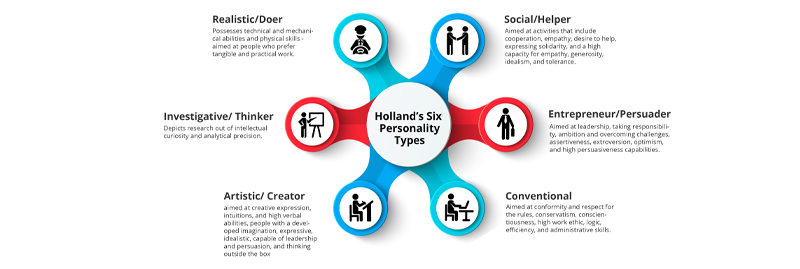
 Adi Salamander, Psychologist
Adi Salamander, Psychologist

 Adi Salamander, Psychologist
12/2020
Adi Salamander, Psychologist
12/2020
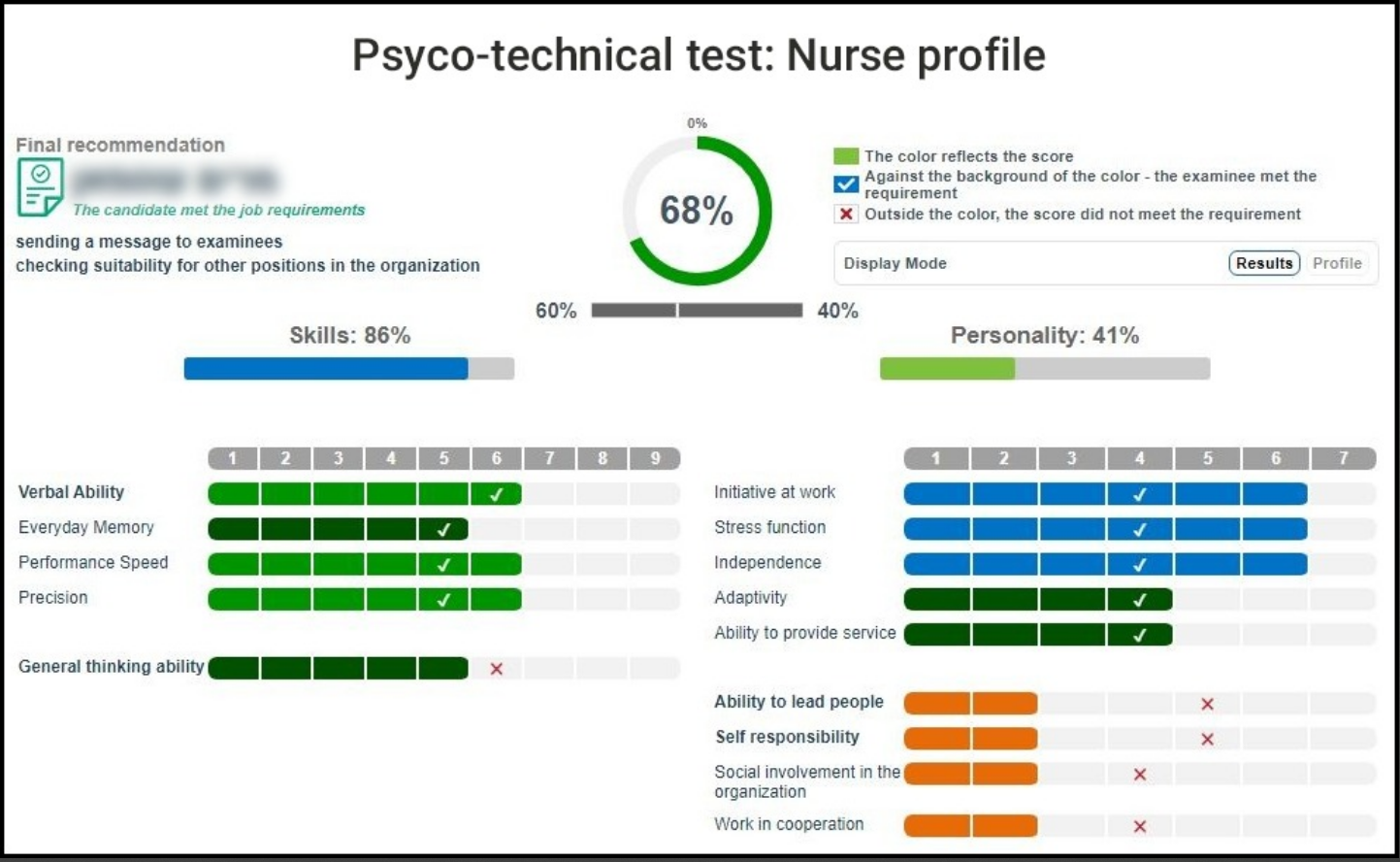
 Gabi Adam, CEO
12/2021
Gabi Adam, CEO
12/2021

 Gabi Adam, CEO
03/2020
Gabi Adam, CEO
03/2020

 Daniel Danino, Psychologist
07/2019
Daniel Danino, Psychologist
07/2019

 Daniel Danino, Psychologist
Daniel Danino, Psychologist

 Daniel Danino, Psychologist
09/2019
Daniel Danino, Psychologist
09/2019

 Daniel Danino, Psychologist
07/2019
Daniel Danino, Psychologist
07/2019

 Daniel Danino, Psychologist
07/2019
Daniel Danino, Psychologist
07/2019
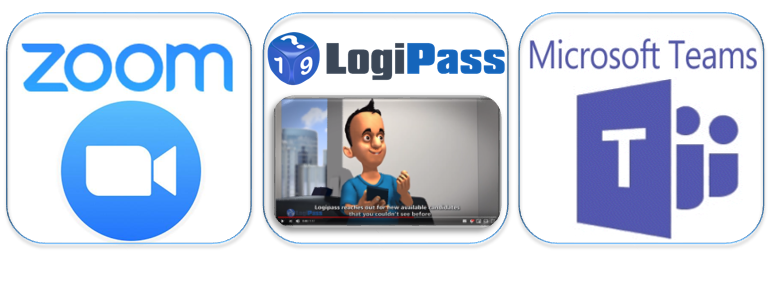
 Daniel Danino, Psychologist
08/2020
Daniel Danino, Psychologist
08/2020

 Daniel Danino, Psychologist
05/2019
Daniel Danino, Psychologist
05/2019

 Daniel Danino, Psychologist
Daniel Danino, Psychologist

 Gabi Adam, CEO
10/2020
Gabi Adam, CEO
10/2020

 Daniel Danino, Psychologist
Daniel Danino, Psychologist

 Gabi Adam, CEO
10/2020
Gabi Adam, CEO
10/2020

 Daniel Danino, Psychologist
Daniel Danino, Psychologist

 Daniel Danino, Psychologist
Daniel Danino, Psychologist

 Gabi Adam, CEO
06/2021
Gabi Adam, CEO
06/2021

 Dr. Merav Hami, Head of the Professional Team
Dr. Merav Hami, Head of the Professional Team
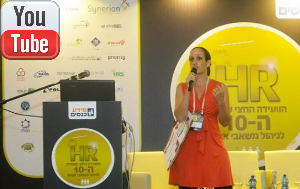
 Dr. Merav Hami, Head of the Professional Team
05/2019
Dr. Merav Hami, Head of the Professional Team
05/2019

 Daniel Danino, Psychologist
Daniel Danino, Psychologist

 Gabi Adam, CEO
Gabi Adam, CEO
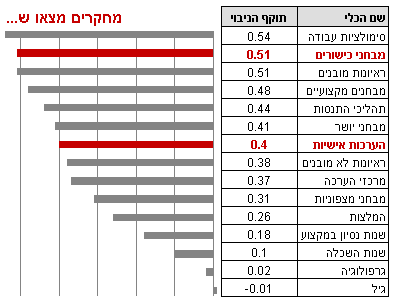
 Dr. Merav Hami, Head of the Professional Team
06/2014
Dr. Merav Hami, Head of the Professional Team
06/2014

 Dr. Merav Hami, Head of the Professional Team
Dr. Merav Hami, Head of the Professional Team
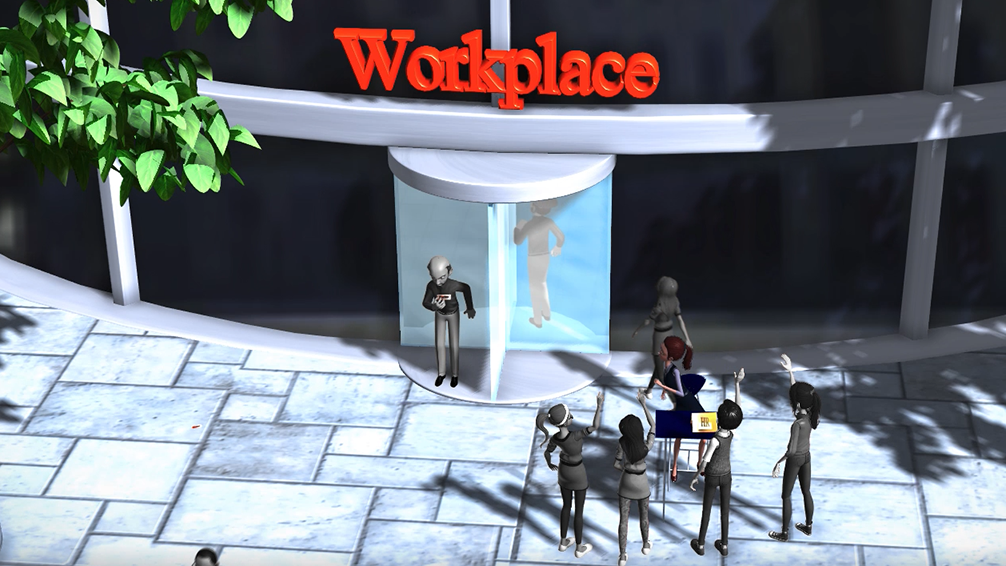
 Gabi Adam, CEO
Gabi Adam, CEO
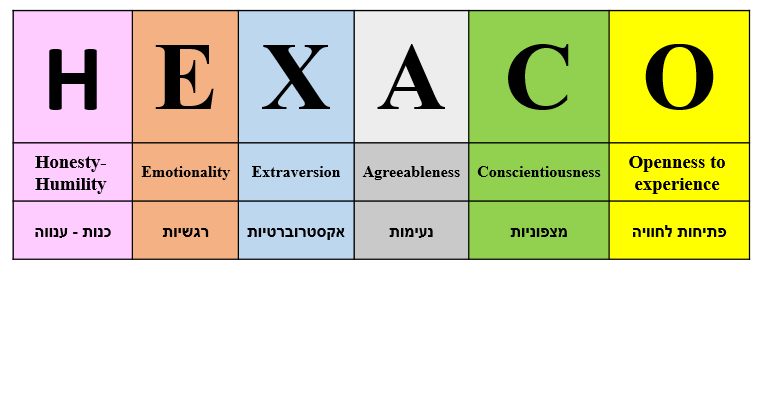
 Daniel Danino, Psychologist
06/2019
Daniel Danino, Psychologist
06/2019
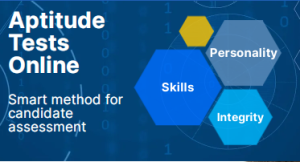
 Gabi Adam, CEO
Gabi Adam, CEO

 Gabi Adam, CEO
12/2011
Gabi Adam, CEO
12/2011

 Dr. Merav Hami, Head of the Professional Team
Dr. Merav Hami, Head of the Professional Team

 Gabi Adam, CEO
06/2013
Gabi Adam, CEO
06/2013
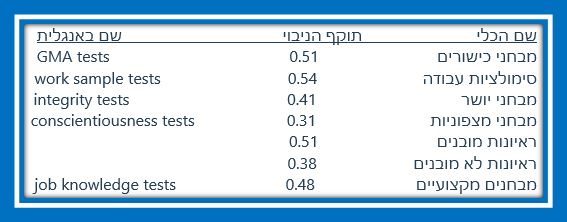
 Dr. Merav Hami, Head of the Professional Team
Dr. Merav Hami, Head of the Professional Team

 Sophie Strolovich, Social Worker
Sophie Strolovich, Social Worker

 Hadas Shapir
08/2015
Hadas Shapir
08/2015

 Dr. Merav Hami, Head of the Professional Team
Dr. Merav Hami, Head of the Professional Team

 Gabi Adam, CEO
05/2024
Gabi Adam, CEO
05/2024